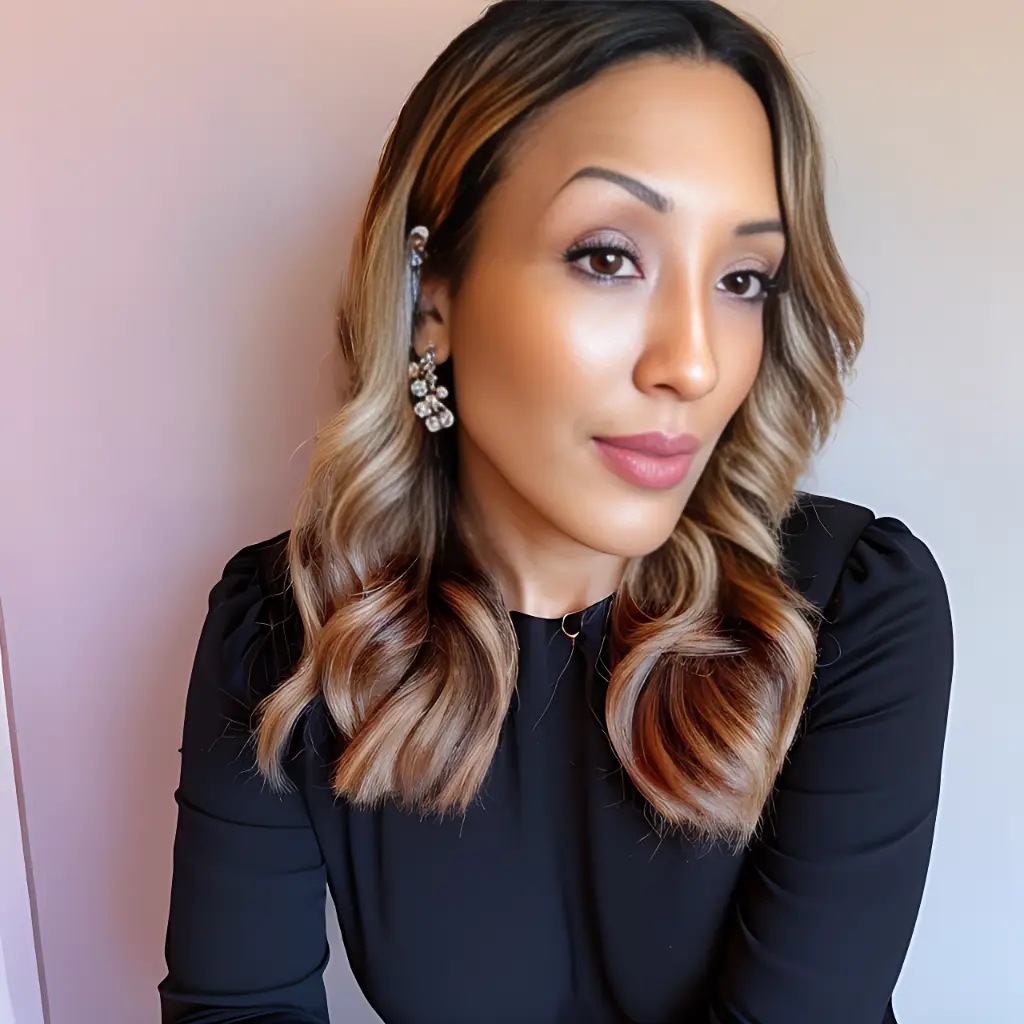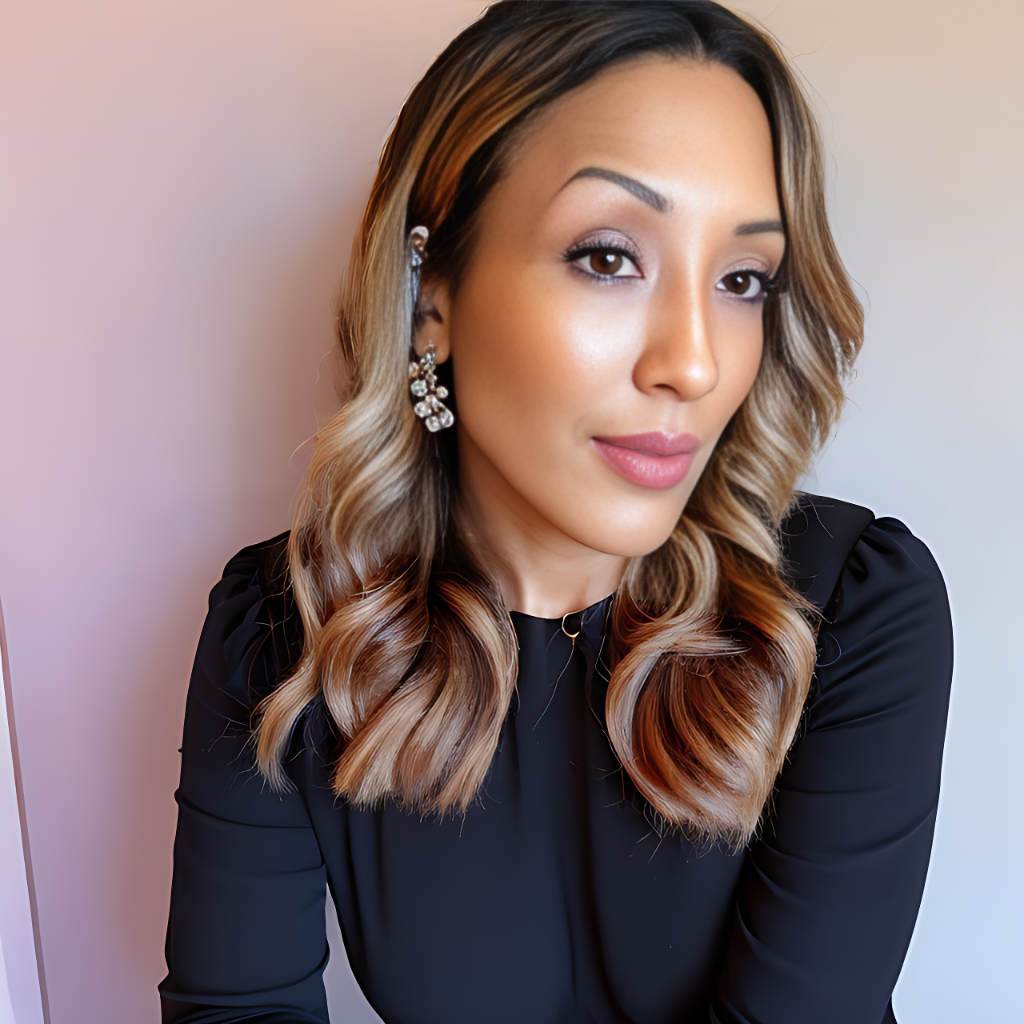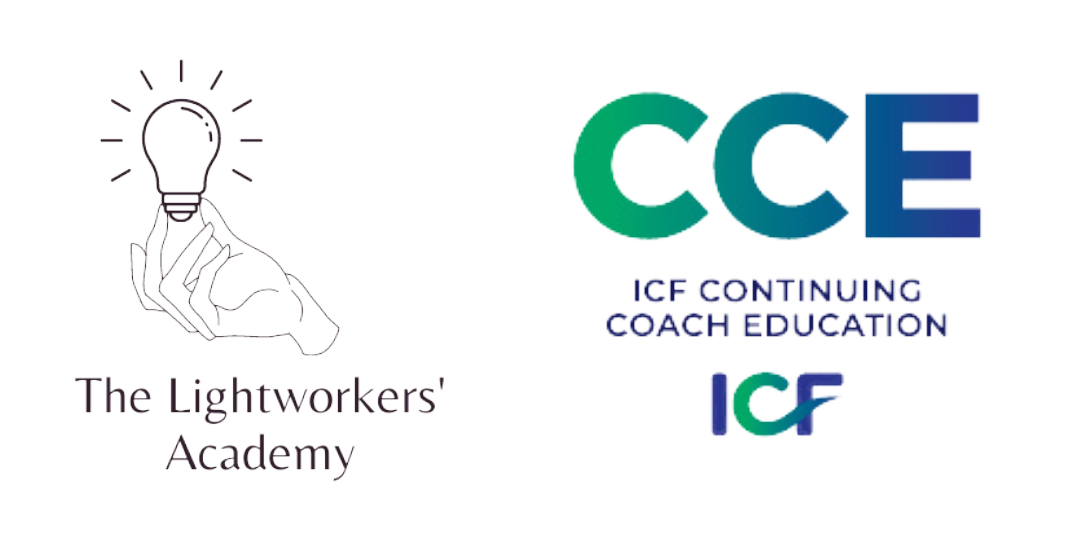
In my senior year of high school, I had a teacher who went around the classroom, and asked everyone to state the college major each of us would be pursuing the following year. When he got to me, I proudly announced to the class, “I’m going to be a Psychology major.” He smiled and said with a cautionary tone: “If you pursue Psychology, you must go all the way. Get your Doctorate. Otherwise, you won’t find a job working as a psychologist, and having just a bachelor’s degree won’t get you very far in the field.”
I didn’t think much of his advice then. I had long held a fascination with human behavior, and had resolved to get my Doctorate anyway, since my dream career had always included some hybrid of practice (psychologist) and instruction (college professor), both which required a Doctorate degree at the time.

I never did get my Doctorate degree. For a myriad of reasons, I completed my Masters degree in Organizational Leadership instead (coaching and leadership draw astonishing parallels). But let’s not jump the gun. In order to understand how we got to the present-day, I’d like to share the three careers I have had in my lifetime (so far) that have shaped who I am as a person, and why I created The Lightworkers Academy for you.
In my first year as a Psychology major at Ithaca College, I began working as a community counselor for individuals with developmental disabilities. That same year, I took a concurrent role as a residential counselor for individuals with “severe and persistent mental illness”.
Yes, you read that correctly, reader. Not only was I a full-time student, but I was also working 40 hours per week at two, separate jobs. But enough of things I did easily in my 20s, that I can’t fathom doing now…
Although I was working in the field of non-profit social work, and still faced themes of human behavior and motivation in my interactions with the individuals I worked with (many had “goals” that included accomplishing basic activities of daily living like cooking, cleaning, hygiene, money management, etc.) I still found myself ineffective in my role. Much of what I was doing involved meetings with other service providers and creating goals on behalf of individuals receiving services. As an organization, our services were siloed, making communication amongst service providers disjointed and tedious, and the individuals themselves were very rarely involved with decision-making about their own lives.
I also spent a great deal of time supporting individuals to self-administer prescribed medications that addressed mental health disorders and or chronic physical illnesses.
Inherently, and quite naturally, I was drawn to the coaching approach as a means of helping individuals through difficult circumstances. In fact, I was applying the coaching approach before I even knew I was! In my 1:1 meetings with individuals, I would ask them what they really wanted to do, what they really saw for themselves, and for their life. What I was doing at the time (unknowingly) was using powerful questioning to guide individuals toward envisioning a life greater for themselves and taking meaningful action to actualize their desires.
Systemically, I felt that services were not set up to accommodate a “coaching approach”. I was working with people who were all but indoctrinated into the mental health system and had long bought into the belief that they were beyond talk therapy, coaching, or striving toward self-actualization. Many could not fathom a life beyond what they were already living.
This realization caused me to sink a bit into myself. I had what you might call a rather dramatic “quarter-life crisis”. I questioned my career choice. Did I really want to be a psychologist? Did I want to diagnose people? Did I want to place labels on people’s experiences? Did I want writing prescriptions to replace talk therapy?
My life changed when I landed a role as a Job Coach for a non-profit organization whose mission it was to find competitive, stable employment for individuals who otherwise experienced barriers to job stability, including, but not limited to, disabilities (physical and intellectual), mental health challenges, chemical dependency, criminal history, intimate partner violence, immigrant or refugee status, and chronic illness.

In my role as case manager, I sadly found myself going back to the old ways of service provision: service providers gather in a room, and too-often discuss the care of the individual, without the individual present.
Soon, a silver lining presented itself. My organization was interested in providing supported employment services (much like what I was doing in Ithaca) to our service recipients. The organization developed an employment department and hired me as their Employment Specialist (just another fancy name for a Job Coach)! I was so happy to be a part of developing this new department and bringing the coaching approach to the organization. I had a wonderful and supportive team, and together we started a pretty great employment department.
Soon, our organization was awarded a huge grant to provide training to service providers who provided employment coaching services in the state. The training set out to educate employment services providers on the incentives offered through the Social Security Administration for individuals who were receiving Supplemental Security Income (SSI) or Social Security Disability Insurance (SSDI) and who wanted to pursue competitive employment in the community, but who feared losing their necessary benefits, including vital household income and medical insurance, due to restrictive income limitations imposed by the Social Security Administration.
After meeting my husband and completing my Masters degree in Organizational Leadership, we moved to Albany, NY, where I began my work in the training and development space with the Research Foundation at SUNY Albany. Although I continued to enjoy training coaches, social workers, teachers, and human/social service providers on the coaching approach, I found the demanding travel requirements to be incongruous with my health, and so the following year, I took a job as an Assistant Director to an employment services department. where I supervised 13 Job Coaches.

This is why I created The Lightworkers Academy. I didn’t just want to create static, boring learning that learners would fall asleep interacting with, and wouldn’t learn anything from anyway. I wanted to work with coaches. With social workers. Those of you whom I call Lightworkers. The Helpers of the world. The Bringers of Light.
To teach you the skills you need to make the impact you want to make, we engage you in a community experience. That is why there is no FULLY self-paced program that will teach you the skills you need. Only experience. Now, I will say: I have taken self-paced coaching training that has resulted in a certification. But I tell you this: make no mistake that I have the coaching experience needed to back it up. I have coached individuals toward the light in their darkest hours. And I can teach you how to do the same.
In a blended learning environment, you have the flexibility of learning the basics on your own, and when we come together twice a week, we discuss, and we practice, and we practice, and we practice again.
After ten weeks, not only will you have the skills you need to be a high-impact, high-earning coach, you will also complete the program with tangible results: you will earn a coaching certificate, as well as earn 3 high-quality, high-impact client case studies to use on your website to demonstrate your coaching impact and attract your ideal coaching clients.
The world needs more coaches like YOU. Let your light illuminate the way for others in their darkness.
Yours in Growth,

In my senior year of high school, I had a teacher who went around the classroom, and asked everyone to state the college major each of us would be pursuing the following year. When he got to me, I proudly announced to the class, “I’m going to be a Psychology major.” He smiled and said with a cautionary tone: “If you pursue Psychology, you must go all the way. Get your Doctorate. Otherwise, you won’t find a job working as a psychologist, and having just a bachelor’s degree won’t get you very far in the field.”
I didn’t think much of his advice then. I had long held a fascination with human behavior, and had resolved to get my Doctorate anyway, since my dream career had always included some hybrid of practice (psychologist) and instruction (college professor), both which required a Doctorate degree at the time.
Spoiler alert: I never did get my Doctorate degree. For a myriad of reasons, I completed my Masters degree in Organizational Leadership instead (coaching and leadership draw astonishing parallels). But let’s not jump the gun. In order to understand how we got to the present-day, I’d like to share the three careers I have had in my lifetime (so far) that have shaped who I am as a person, and why I created The Lightworkers Academy for you.

I like to think of myself as blessed in my career. Despite my high-school teacher’s well-intentioned warning, all my more serious jobs incorporated an understanding of human psychology in some way.
In my first year as a Psychology major at Ithaca College, I began working as a community counselor for individuals with developmental disabilities. That same year, I took a concurrent role as a residential counselor for individuals with “severe and persistent mental illness”.
Yes, you read that correctly, reader. Not only was I a full-time student, but I was also working 40 hours per week at two, separate jobs. But enough of things I did easily in my 20s, that I can’t fathom doing now…
Although I was working in the field of non-profit social work, and still faced themes of human behavior and motivation in my interactions with the individuals I worked with (many had “goals” that included accomplishing basic activities of daily living like cooking, cleaning, hygiene, money management, etc.) I still found myself ineffective in my role. Much of what I was doing involved meetings with other service providers and creating goals on behalf of individuals receiving services. As an organization, our services were siloed, making communication amongst service providers disjointed and tedious, and the individuals themselves were very rarely involved with decision-making about their own lives.
I also spent a great deal of time supporting individuals to self-administer prescribed medications that addressed mental health disorders and or chronic physical illnesses.
Inherently, and quite naturally, I was drawn to the coaching approach as a means of helping individuals through difficult circumstances. In fact, I was applying the coaching approach before I even knew I was! In my 1:1 meetings with individuals, I would ask them what they really wanted to do, what they really saw for themselves, and for their life. What I was doing at the time (unknowingly) was using powerful questioning to guide individuals toward envisioning a life greater for themselves and taking meaningful action to actualize their desires.
Unfortunately, I did not have the education or experience to engage in the sort of talk therapy that would address other, more serious themes including the need for medication to manage physical symptoms or pain, chemical dependency, and trauma….
Systemically, I felt that services were not set up to accommodate a “coaching approach”. I was working with people who were all but indoctrinated into the mental health system and had long bought into the belief that they were beyond talk therapy, coaching, or striving toward self-actualization. Many could not fathom a life beyond what they were already living.
This realization caused me to sink a bit into myself. I had what you might call a rather dramatic “quarter-life crisis”. I questioned my career choice. Did I really want to be a psychologist? Did I want to diagnose people? Did I want to place labels on people’s experiences? Did I want writing prescriptions to replace talk therapy?
A Welcome Change
My life changed when I landed a role as a Job Coach for a non-profit organization whose mission it was to find competitive, stable employment for individuals who otherwise experienced barriers to job stability, including, but not limited to, disabilities (physical and intellectual), mental health challenges, chemical dependency, criminal history, intimate partner violence, immigrant or refugee status, and chronic illness.
Working with these individuals was a blessing. I was able to apply the coaching approach to help individuals that society would otherwise deem as “chronic freeloaders”, and coach them toward self-actualization. It was not enabling, and not empowering. It was coaching. An approach that meant asking the right questions, to help the individual to see that THEY know the answers. After helping them to gain access to meet their basic needs, they were able to focus on moving up the Hierarchy of Needs (Maslow, 1943) toward self-actualization. I was officially sold on the coaching approach and its effectiveness in helping individuals maximize their outcomes and manifest their heart’s desires.
After spending some years with the organization as a coach, I moved cities (to save money, because Ithaca be expensive for a 20-plus year old straight out of college!) and rashly accepted a job as a Case Manager with another large non-profit organization in Rochester, NY.
In my role as case manager, I sadly found myself going back to the old ways of service provision: service providers gather in a room, and too-often discuss the care of the individual, without the individual present.
Soon, a silver lining presented itself. My organization was interested in providing supported employment services (much like what I was doing in Ithaca) to our service recipients. The organization developed an employment department and hired me as their Employment Specialist (just another fancy name for a Job Coach)! I was so happy to be a part of developing this new department and bringing the coaching approach to the organization. I had a wonderful and supportive team, and together we started a pretty great employment department.
Soon, our organization was awarded a huge grant to provide training to service providers who provided employment coaching services in the state. The training set out to educate employment services providers on the incentives offered through the Social Security Administration for individuals who were receiving Supplemental Security Income (SSI) or Social Security Disability Insurance (SSDI) and who wanted to pursue competitive employment in the community, but who feared losing their necessary benefits, including vital household income and medical insurance, due to restrictive income limitations imposed by the Social Security Administration.
Being able to train service providers was yet another blessing and proved to become my second career. I fell in love with training and decided to move into training and development.
After meeting my husband and completing my Masters degree in Organizational Leadership, we moved to Albany, NY, where I began my work in the training and development space with the Research Foundation at SUNY Albany. Although I continued to enjoy training coaches, social workers, teachers, and human/social service providers on the coaching approach, I found the demanding travel requirements to be incongruous with my health, and so the following year, I took a job as an Assistant Director to an employment services department. where I supervised 13 Job Coaches.
In 2019, I accepted an opportunity to work as a Training Manager for financial coaches. In my role with the Brooklyn-based financial technology organization, I had the honor and pleasure of working with coaches, both internally and around the country, who supported individuals described as “the working poor” toward financial security. These fabulous financial coaches worked tirelessly throughout the COVID-19 pandemic to help individuals regain their financial footing and I had the opportunity to transition all our in-person training content over into online, blended (self-paced and instructor-led) training. This introduced a whole new world to me. A whole new concept. How do I translate my interactive and engaging in-person training approach to an online setting? How can I ensure that learning is happening through a screen?
Enter my third Career as an Instructional Designer. I deep-dived into learning about Adult Learning Theory and how to apply instructional design principles to improve outcomes for learners in all settings (online, in-person, and both). I took all of the classes, joined all the groups, and asked all the questions, until I emerged anew. An instructional designer, a Learning Designer, an e-Learning Specialist, a Training and Development Specialist, a Training Manager (look, this is another one that goes by a lot of fancy names), but they all mean the same thing: creating quality learning to improve outcomes for learners and result in observable, measurable behavior change.
This is why I created The Lightworkers Academy. I didn’t just want to create static, boring learning that learners would fall asleep interacting with, and wouldn’t learn anything from anyway. I wanted to work with coaches. With social workers. Those of you whom I call Lightworkers. The Helpers of the world. The Bringers of Light.
To teach you the skills you need to make the impact you want to make, we engage you in a community experience. That is why there is no FULLY self-paced program that will teach you the skills you need. Only experience. Now, I will say: I have taken self-paced coaching training that has resulted in a certification. But I tell you this: make no mistake that I have the coaching experience needed to back it up. I have coached individuals toward the light in their darkest hours. And I can teach you how to do the same.
In a blended learning environment, you have the flexibility of learning the basics on your own, and when we come together twice a week, we discuss, and we practice, and we practice, and we practice again.
After ten weeks, not only will you have the skills you need to be a high-impact, high-earning coach, you will also complete the program with tangible results: you will earn a coaching certificate, as well as earn 3 high-quality, high-impact client case studies to use on your website to demonstrate your coaching impact and attract your ideal coaching clients.
The world needs more coaches like YOU. Let your light illuminate the way for others in their darkness.
Yours in Growth,
Amanda Espinosa
